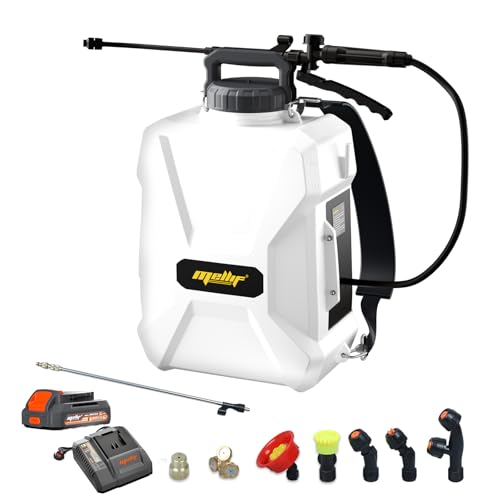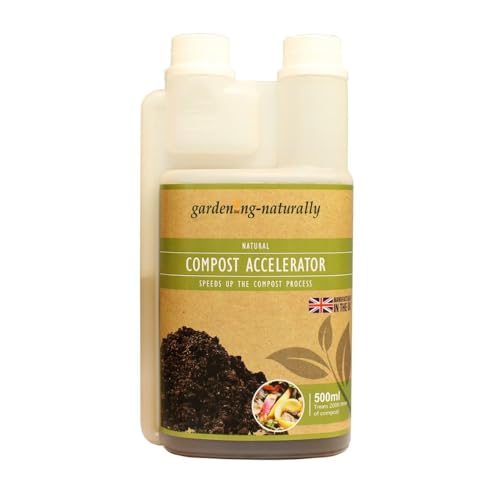Understanding Washing Machines: Features That Matter
Familiarising Ourselves with Essential Features
When we think about washing machines, we should consider features that make a washing machine user-friendly and efficient. Key features like wash programmes, spin speed, and load sensing technology significantly enhance our laundry experience. For instance, having multiple wash programmes means we can choose the best setting depending on our fabric type or soil level. Spin speed is equally critical as it directly impacts how dry our clothes come out after the spin cycle – a higher spin speed reduces drying time. Load sensing technology detects the weight of our laundry and adjusts water and energy usage accordingly, which conserves resources.
Importance of Drum Material
The drum of a washing machine plays a vital role in its performance. Typically, we find two types of drum materials: stainless steel and plastic. Stainless steel drums are built to last longer, resist chipping, and can handle high spin speeds without warping. This results in a more efficient wash and less wear on our clothes. Plastic drums, while lighter and more affordable, generally wear out faster and may not handle larger loads as effectively.
Top Washing Machine Types: Which One Suits Your Needs?
Understanding Different Types of Washing Machines
We often come across several types of washing machines, and knowing their differences can help us make an informed choice. Front-loading washing machines are popular for their efficiency and gentleness on clothes. They use gravity to tumble clothes through water, resulting in less water use. Top-loading washers, ideal for those who prefer a quicker load cycle, usually allow for the addition of clothes mid-cycle, which is very convenient. Additionally, there are all-in-one machines that combine washing and drying in one unit, perfect for smaller spaces where each appliance isn’t feasible.
Evaluating the Best Fit for Our Lifestyle
Our choice may also depend on our washing habits and living situations. If we have a large family with frequent laundry loads, a high-capacity front-loader can be very beneficial. Meanwhile, if we live in a small apartment, a compact machine or an all-in-one washer-dryer could save valuable space without sacrificing functionality.
Key Considerations Before You Buy: Size, Capacity, and More
Determining the Right Size for Our Space
Before we make a purchase, it’s essential to measure the space where we intend to place our washing machine. We need to consider the dimensions, as well as door openings and ventilation requirements. The last thing we want is to bring home a machine that simply won’t fit. If we’re opting for a front-loader, leaving some space on top and in front for loading and unloading is also important.
Capacity Matters for Efficiency
Another critical factor is the capacity of the washing machine. Washing machines come in various capacities, typically measured in kilograms, indicating how much laundry each cycle can handle. For smaller households, a machine with a capacity of around 6 to 8 kg might be fine; however, larger families often benefit from 9 kg or more, as it allows for fewer washes and more efficient cleaning.
Energy Efficiency: Saving Money While Cleaning Your Clothes
Understanding Energy Ratings
Energy efficiency has become a significant concern, and choosing a washing machine with a high energy rating is advantageous. An energy-efficient model uses less electricity and water, contributing to lower utility bills while being kinder to the environment. We should look for features such as rapid wash options and eco modes, which reduce energy consumption during cycles while still delivering clean results.
Long-Term Savings Through Smart Choices
While energy-efficient models may have a higher upfront cost, they tend to save us money in the long run due to reduced operating costs. By opting for a machine with an excellent energy rating, we can enjoy cleaner clothes without worrying too much about the impact on our monthly bills.
Maintenance Tips: Keeping Your Washing Machine in Top Condition
Regular Cleaning for Longevity
To keep our washing machine running smoothly, regular maintenance is essential. Over time, residues from detergents and fabric softeners can build up, affecting performance. Running a cleaning cycle or using a specific washing machine cleaner monthly can help eliminate these residues. Another helpful habit is to leave the door ajar after use, allowing air to circulate and preventing mould and odours.
Checking Hoses and Connections
Additionally, we need to inspect hoses and connections for signs of wear or leaks regularly. The washer’s drain pump filter should also be cleaned to prevent clogs, especially if we frequently wash lint-producing items. Taking these simple steps helps extend the lifespan of our washing machine and ensures it operates at peak efficiency.


















